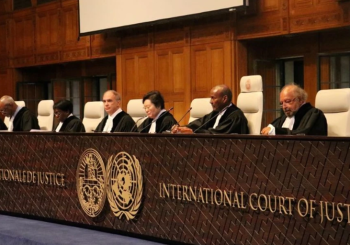
Moody’s Investors Service has changed Egypt’s outlook to ‘negative’ from ‘stable’, in its updated 2022 market outlooks, which means Moody’s is more likely to cut its rating.
This change comes as a result of the country’s constraints in receiving money inflows and meeting the external debt service payments in the context of high inflation and tightening financial conditions due to the Ukraine conflict, the agency said in a statement on Thursday.
The increase in food price inflation could also raise social tensions and political risk, and rising domestic borrowing costs also increase liquidity risks and debt affordability challenges.
Though the government’s privatization strategy targets 10 billion USD in foreign direct investment (FDI) inflows annually over four years, Moody’s Investors assess that the “likelihood of renewed large-scale inflows is low”, as weak debt affordability will be worsened by higher domestic borrowing costs amid rising inflation.
Egypt’s ESG (Environmental, Social and Governance) Credit Impact Score (CIS-4) is highly negative due to high exposure to environmental and social risks respectively, and the high debt burden constrains the government’s capacity to respond to environmental and social risks. The negative score also mainly relates to the water vulnerabilities the country faces due to its high dependency on the Nile and the high degree of air pollution in densely populated cities, according to Moody’s analysis.
Nevertheless, Moody’s says that the country’s rating still benefits from, “the government’s proactive crisis response and track record of economic and fiscal reform implementation over the past six years,” and that “Egypt’s strong trend [gross domestic product (GDP) growth supports economic resiliency and the prospect of attracting foreign direct investments in line with the government’s privatization strategy.”
Last week, the Central Bank of Egypt announced the raising of interest rates on overnight deposits and loans by two percent to contain inflationary pressures.
This comes against the context of an accelerated inflation rate that rose to 13.1% in April of 2022 from 10.5% in the previous month, according to the Central Agency for Public Mobilization and Statistics.







Comments (0)